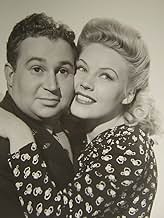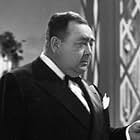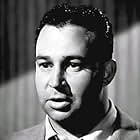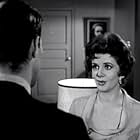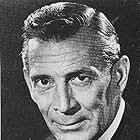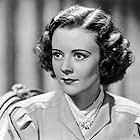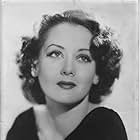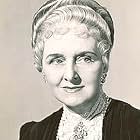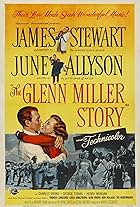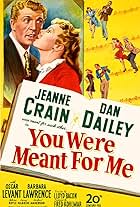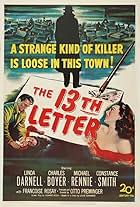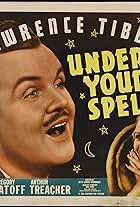Some reviewers call "In the Meantime, Darling" a comedy. It is not. Nor is it a so-called "woman's picture." Sure it's about military wives during World War II, but more than that, it is about class in America. If you read between the lines, you can see how cleverly director Otto Preminger set up the scenes, with spoiled rich girl (played beautifully by Jeanne Crain) barely able to cope with the sacrifices that were necessary to fight and win the war. She represents a large segment of America that could buy its way out of hardship, and her parents represent the Americans of the period who were little moved by the war, who in fact profited nicely from it. The lower class is represented by Red and Shirley Pianatowski, the undereducated Polish American couple with hearts of gold. And most significant is the African American bellhop who also has a son in the war (although we never see him), played with great dignity by Clarence Muse. It is even said that the gargantuan Eugene Palette, who played the rich father, fought Otto Preminger when instructed that he was to do a scene with a black man. This film is not particularly funny, nor does it give much sense of how horrible World War II was. It does, however, give some insight into how Americans won a war against racism and ethnic purity while still living with the after effects of the slavery and genocide upon which the country was built.

